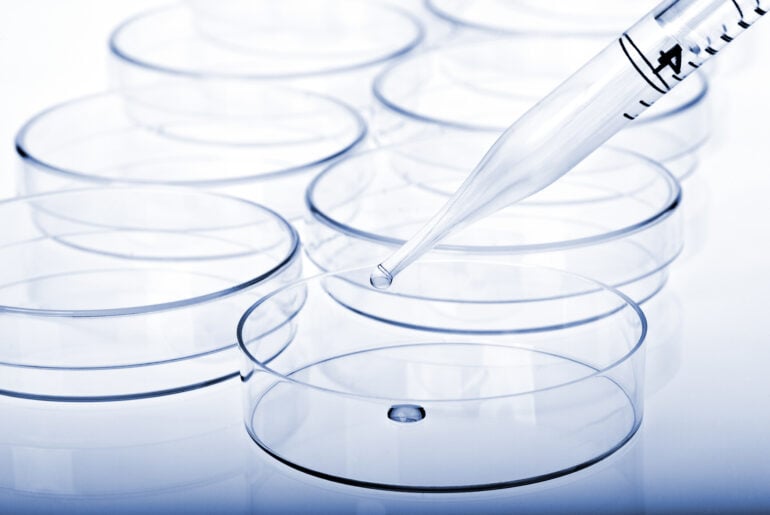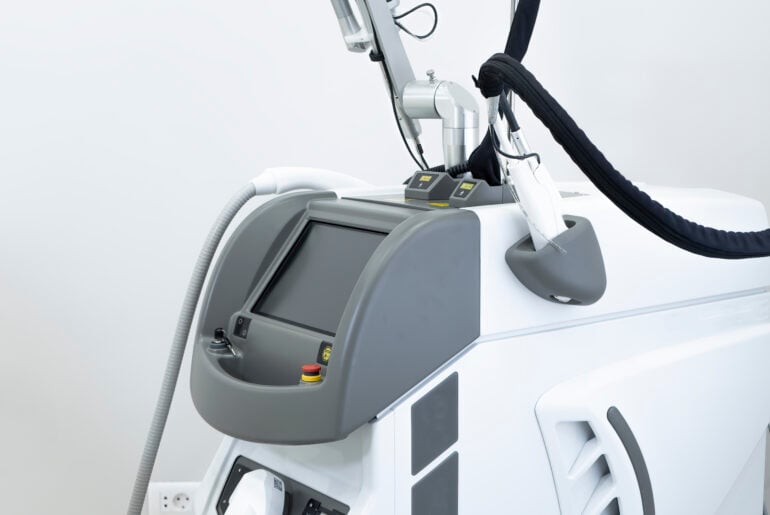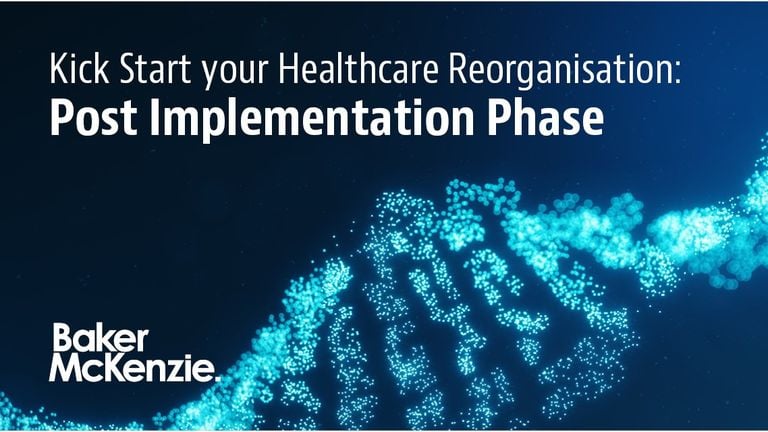On 24 April 2024, the European Commission announced the launch of a formal investigation into the measures put in place and practices followed by China in its public procurement of medical devices. The announcement responds to the Commission’s belief that these measures and practices favour domestic Chinese suppliers whilst putting EU companies at a clear disadvantage. The investigation will be carried out under the EU’s International Procurement Instrument (IPI), a trade tool that aims to…










